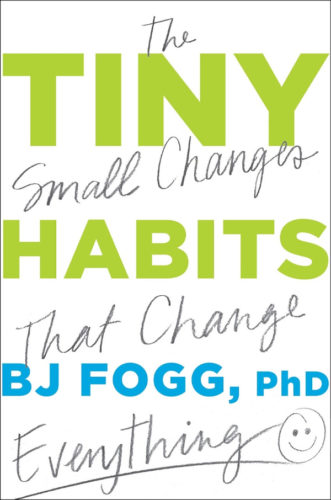Are you feeling more demands on your executive functions these days? You are not alone.
Adjusting to sheltering in place for over a month has stretched us all thin. We try to stay sane and reasonably productive, but the constant flow of unsettling news easily switches us from our wise prefrontal cortex into our reactive emotional brain. The result is a fight, flight or freeze reaction where we can’t think clearly.
I’ve been equating this stress we experience to being hooked up to an IV drip of cortisol, a stress hormone. Cortisol upsets the chemical balance in our brains, interfering with our executive functioning. I have observed that this nonstop stress is accentuating “weak” EF skills for everyone. However, cortisol is particularly disruptive for people with known or diagnosed executive function challenges, including those with ADHD, Traumatic Brain Injury (TBI) and aging brains.
A New Way to View Projects

I have personally been struggling to get things done during this pandemic, and I know I am not alone. Each day I teach the Seeing My Time course to my private clients, and they are all reporting similar challenges.
From writing a novel to a complete basement organization, everyone seems to be talking about their quarantine project goals. But for those of us with future thinking and follow-through challenges, both executive functions of the brain, that’s more easily said than done. The extra cortisol pumping through our brains in addition to the usual time management issues can make achieving anything really difficult – even small tasks that aren’t projects at all.
Recently, I began to frame the situation differently, and it has made a world of difference. Instead of focusing on projects of things I should be doing, I’m focusing on the challenge of regaining control of my brain. This is my COVID 19 “project.” I’ve been encouraging my clients to do the same. And little by little, it is working for all of us – one task at a time.
Tiny Habits
I recently purchased the book, Tiny Habits by BJ Fogg, a behavioral design researcher at Stanford University. He tells us that to change behavior requires setting up new habits. To successfully do that, you must start REALLY small. The task you set for yourself needs to be teeny tiny.
In the book, Fogg started his teeth flossing habit by setting the goal of flossing just ONE tooth! It may sound silly but it works! I have gotten back to flossing by setting the goal of just flossing my bottom teeth, which quickly advanced to flossing all my teeth. By setting a very small and achievable goal, you are in a way manipulating your mind into doing it.
Celebration is Key to Developing Habits
But setting a tiny goal isn’t the end point. One of Fogg’s basic principles is that we change behavior when we feel good, not when we feel bad. Given these trying times, it can be hard to get our brain or minds to feel good. Fortunately, Fogg has a solution. What does he suggest? Celebrate! Yup, celebrate.
Here is how it works. Whenever you make any behavior choice that takes effort, you need to consciously acknowledge your success. How you choose to celebrate the success is up to you, but you need to feel it in your body and brain. Fogg calls this feeling “shine.”
When I celebrate, I inevitably end up with a smile on my face and an increased level of dopamine that motivates me on to start my next task. Sometimes I do a happy dance, which I will do when I finish this blog! Other times I flash my fingers in a “V” for victory and say “victory” either out loud or in my mind. When I complete a hard task on my to-do list, I will cross it off and then write “Yay!” next to it. By focusing on how to make my brain feel good, I’m taking back control of my time and productivity. I’ve had such fun sharing these ideas with my Seeing My Time clients. I love it when they start flashing “victory” signs at me!
Be Kind to Your Brain
If you are feeling a bit out of control these days, have compassion for your poor brain. Then decide to make your brain your project. Start paying attention to its needs and figure out what tools and strategies you can use to support your executive function skills. My blog archive, which goes back 10 years, is full of ideas if you are looking for inspiration. The most recent one, Executive Function Tips in the Time of Covid-19 includes a video with suggestions for managing stress and anxiety.
Is there one little habit you could add that would take some stress away from your brain, like putting dirty dishes immediately into the dishwasher instead of letting them collect on the counter or in the sink? BJ Fogg’s website, tinyhabits.com has lots of resources and information to design your own brain project.
In these difficult times it is critical to remember to celebrate each success, no matter how small. We all deserve to “shine.” Feel the virtual hug!
-Marydee


Thank you! This is inspiring and really makes sense. Making it tiny makes it doable!
Yes, Pieter – hold on to celebrating the teeny tiny!